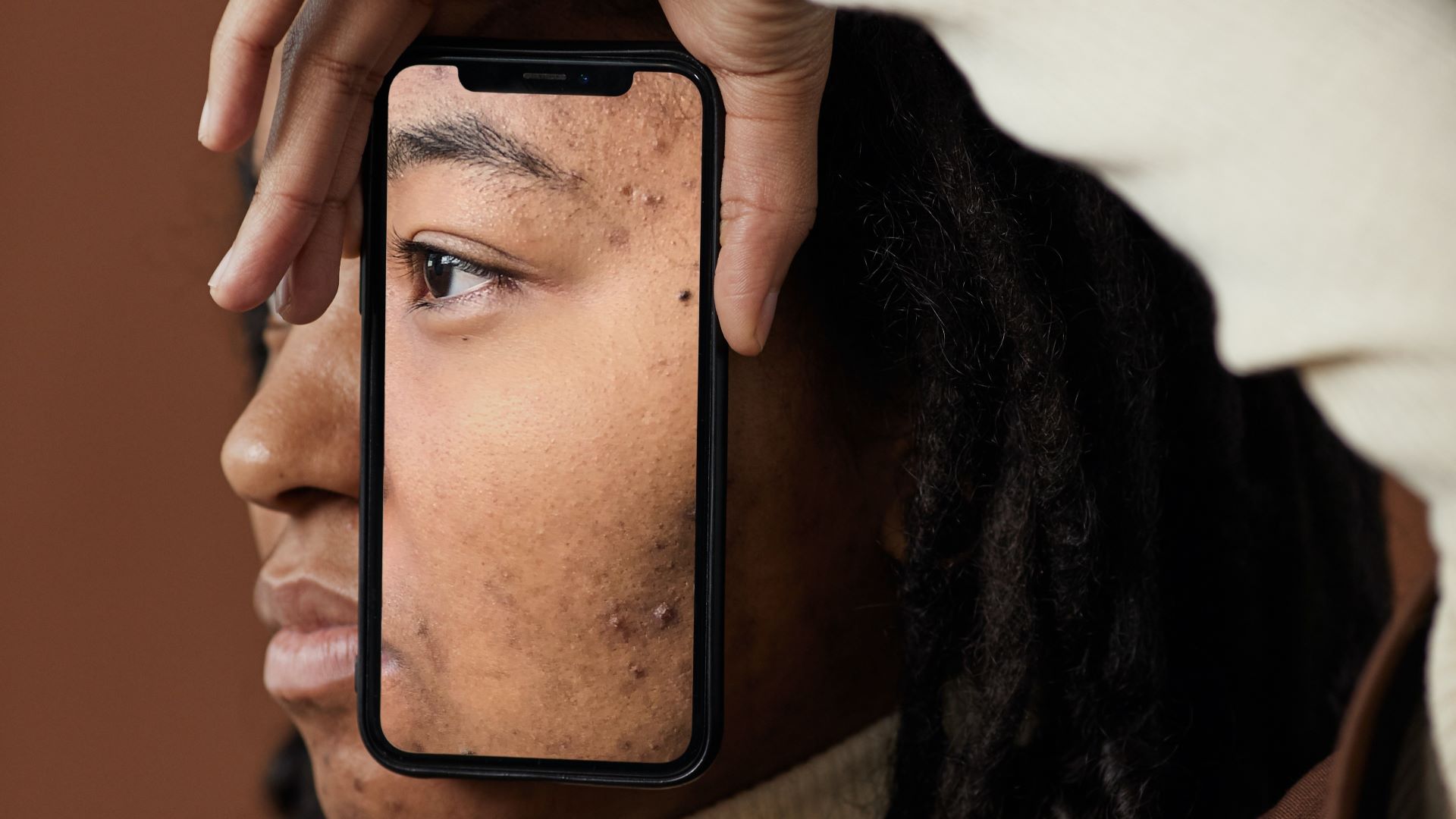The Lamen
Spironolactone helps treat stubborn acne in adult women

While spironolactone for acne is an off-label treatment, several women benefit from using the medication to get rid of acne and excessive hair growth.
Photo: Unsplash
Spironolactone is a mineralocorticoid receptor antagonist, currently approved for treating congestive heart failure, cirrhosis, essential hypertension, and edema of pregnancy. However, the drug has seen increasing off-label use for treating acne vulgaris, especially in adult women.
Data-driven: A randomized controlled trial evaluated the effectiveness of oral spironolactone for women with acne vulgaris over 24 weeks.
- With a mean age of 29.2 years, the participants suffered from mild (46 percent), moderate (40 percent), or severe (13 percent) facial acne for at least 6 months.
- At the 12-week mark, 72 percent of participants in the spironolactone group reported acne improvement compared to 68 percent in the placebo group.
- After 24 weeks, the difference increased significantly, with 82 percent in the spironolactone group reporting improvement compared to 63 percent in the placebo group.
- While 20 percent of the participants in the spironolactone group reported headaches, no serious adverse reactions were reported.
What’s notable: Experts suggest that more clinical testing is required to support spironolactone use as a viable alternative to antibiotics for treating acne, especially as the downsides of antimicrobial resistance become apparent.
How does spironolactone work?
Spironolactone acts as an antagonist to aldosterone, a hormone that controls water and salt regulation throughout the body. By competing with aldosterone for receptor sites, spironolactone makes it so your body doesn’t retain fluid.
Available both as a topical agent and a pill, spironolactone has been recommended by dermatologists for years when treating hormonal acne in women.
The state of things: Despite being in use for nearly 50 years, spironolactone has not been approved for the management of acne. However, off-label use of the drug for treating acne, specifically in females, has been steadily gaining popularity.
- With acne affecting over 85 percent of adolescents and young adults, antibiotics have long remained the go-to treatment.
- While the side effects of long-term use of oral antibiotics for acne treatment have not been well studied, a review suggests that nausea, vomiting, and diarrhea can be reported in up to 7 percent of the patients.
- This contributes to increasing antibiotic resistance, predicted to cause 10 million deaths per year by 2050 without intervention.
Widespread adoption of spironolactone for treating women with acne would help reduce the long-term prescription of oral antibiotics.
- Spironolactone works by interfering with androgens receptors. Androgens are male sex hormones that increase sebum production, causing clogged pores and acne.
- Typically well tolerated in women, male patients are not prescribed spironolactone for acne because of the drug’s anti-androgenic effects.
- Male patients who take spironolactone have often reported experiencing loss of libido, gynecomastia, and “general feminization.”
Spironolactone works best over a longer treatment duration (3 months) and may need to be combined with topical agents for better results.
Should you take spironolactone for acne treatment?
Spironolactone is a prescription medication that is recommended for use by women only, as the drug interferes with androgens. Being a diuretic, the drug will cause excessive urination.
Commonly reported side effects of taking spironolactone include:
- dizziness
- feeling sick, nausea or vomiting
- muscle cramps
- irregular menstrual cycles or painful cramps during periods
- breast enlargement in males
Some health conditions may also worsen when taking spironolactone, including:
- kidney disease
- heart disease
- Addison’s disease
- high potassium levels
People looking to get pregnant or already pregnant should avoid using spironolactone, as the drug may cause birth defects and feminization of the male fetus.